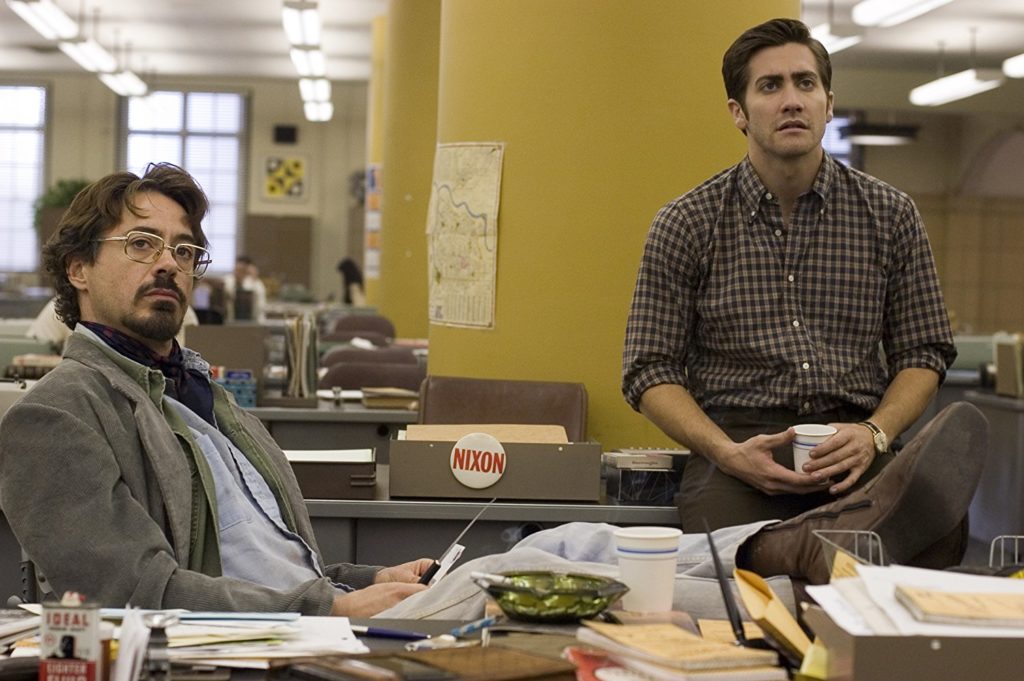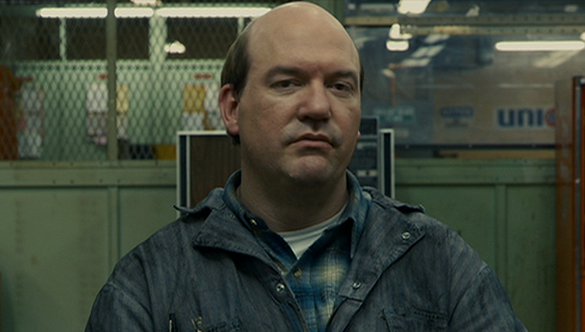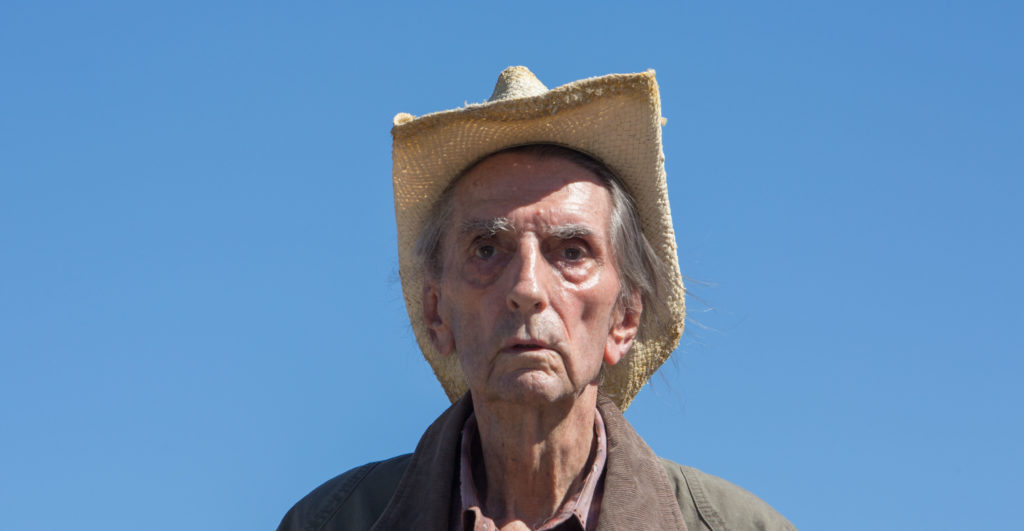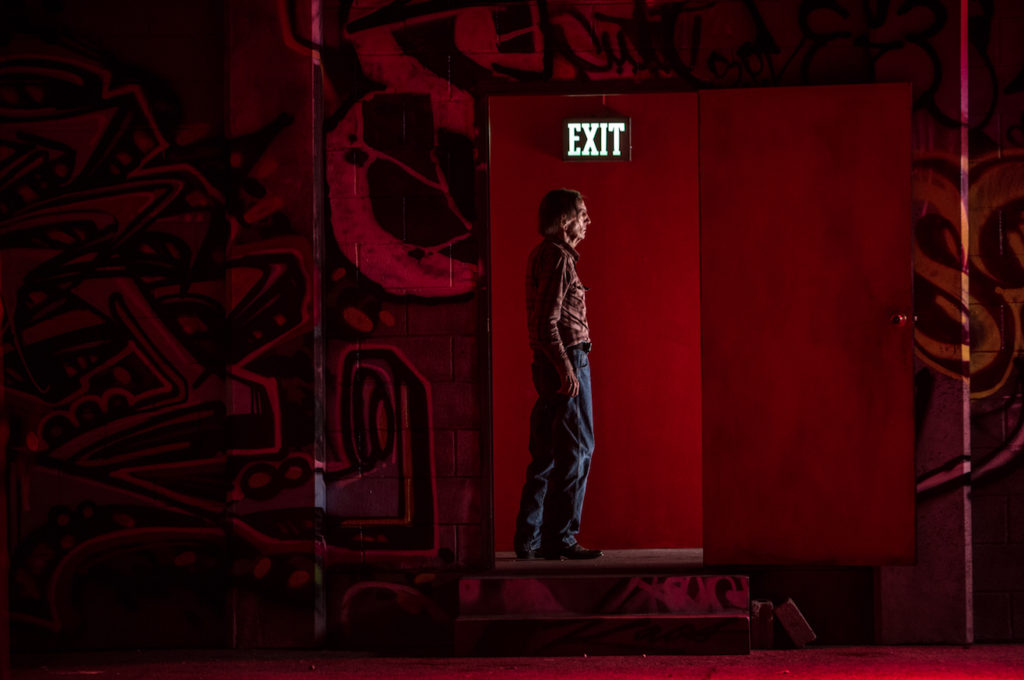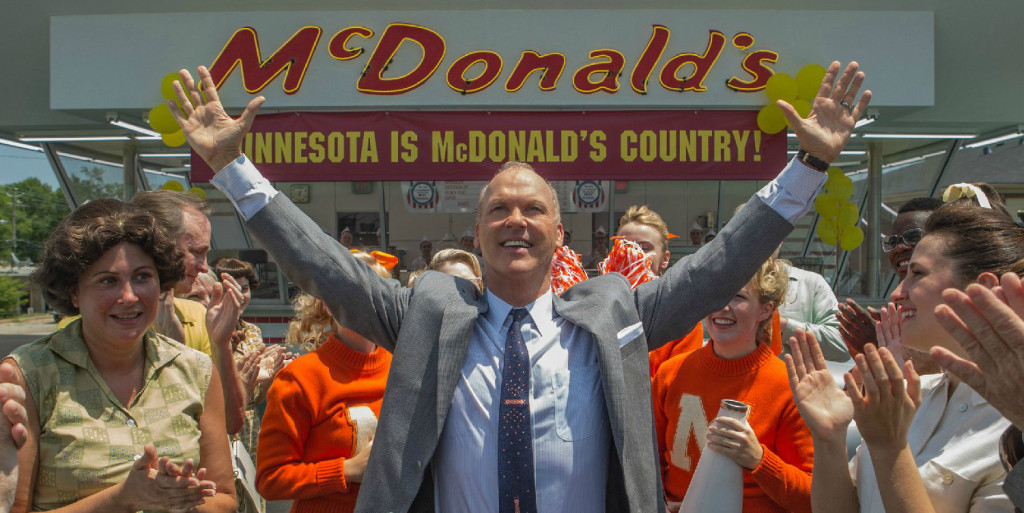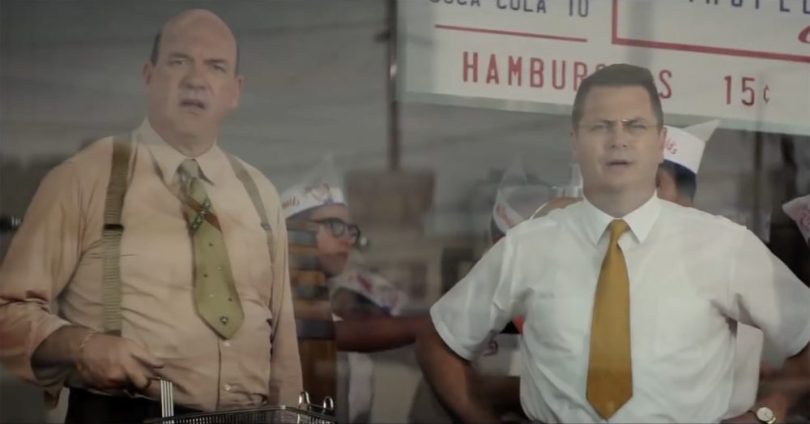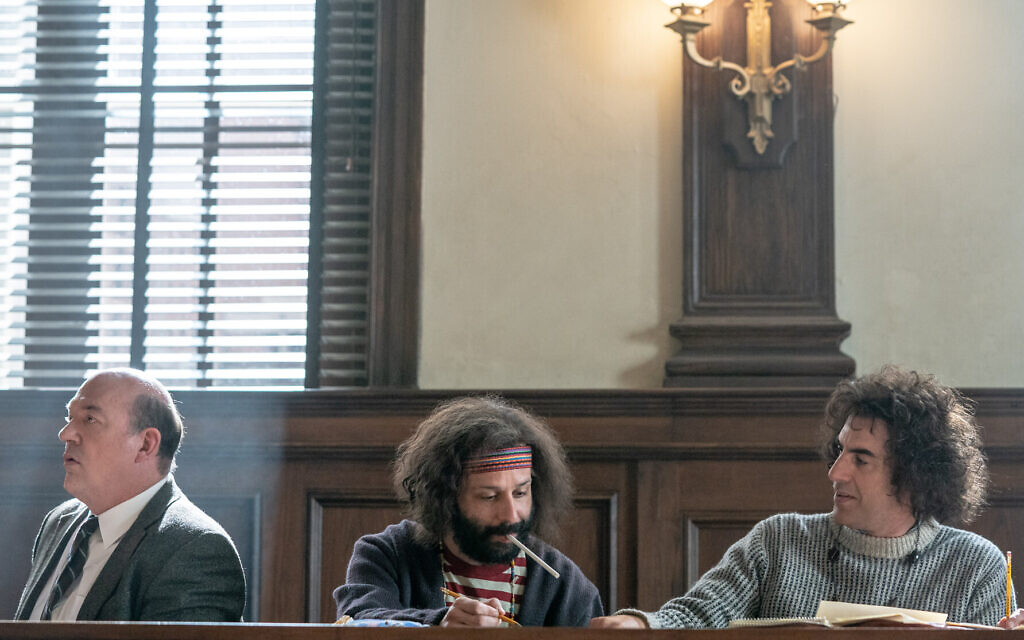
In The Trial of the Chicago Seven, writer Aaron Sorkin (The West Wing, Oscar winner for The Social Network) brings history alive. The trial of anti-Vietnam war activists in 1969 was a bizarre moment in our political history (but not any more bizarre than the past four years).
Now in 2020, it’s time for this movie. Back in 1969, there were authoritative statements about criminality on both sides. But it’s more clear today – and indisputable – that the violence outside the 1968 Democratic Party convention in Chicago was a series of police riots, pure and simple, and that the trial was Nixon’s nakedly illegitimate legal assault against all activism.
The overriding absurdity of this political trial was that it alleged a conspiracy – and some of the alleged conspirators barely knew each other and some despised the others. These were rivals within the anti-war movement and only together in Nixon’s mind.
The movie makes this most clear in the conflict between Tom Hayden (Eddie Redmayne) and Abby Hoffman (Sacha Baron Cohen). Hayden of Students for a Democratic Society wanted to end the Vietnam politically. Hoffman of the Youth International Party (Yippies) was against the war, but sought a wider cultural revolution; the Yippies’ clownish political theater alienated the American Middle and made Hayden’s job harder. Hoffman was hilariously witty and Hayden was as funny as a heart attack. The two men couldn’t have conspired together to order lunch.
Hayden does not benefit from the Sorkin treatment. One is reminded that another activist said, “Tom Hayden gives opportunism a bad name.” THat almost tops Abby Hoffman’s own cutting appraisal of Hayden: “He’s our Nixon”.
The disparity between the defendants was emphasized by the prosecution of David Dellinger (John Carroll Lynch), the non-hippie, a pacifist leader from another generation. Dellinger was a suburban dad and boy scout leader, No one could see him as some punk kid, so when his outrage finally boils over, it’s one of the most powerful moments in the film.
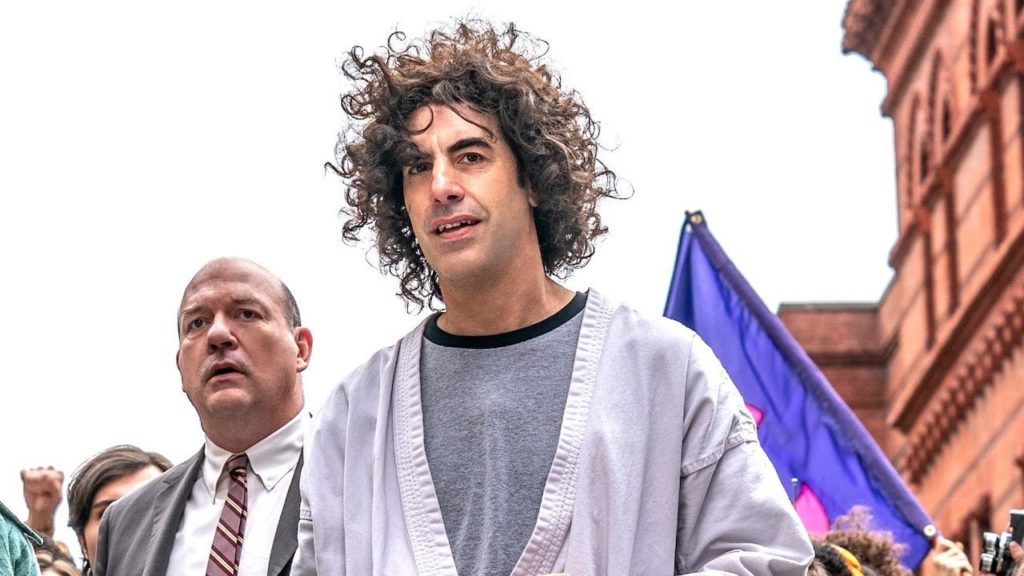
Cohen and Lynch are superb in The Trial of the Chicago 7, along with Kelvin Harrison, Jr., who plays Black Panther leader and martyr Fred Hampton, and Mark Rylance as defense lawyer William Kunstler. It’s a star-studded cast with Michael Keaton, Joseph Gordon-Levitt and Jeremy Strong (so good as Lee Harvey Oswald in Parkland).
Frank Langella is also brilliant as the villain, Judge Julius Hoffman. Langella’s Hoffman is imperious and intemperate, and utterly blind to his own racism and generational bias.
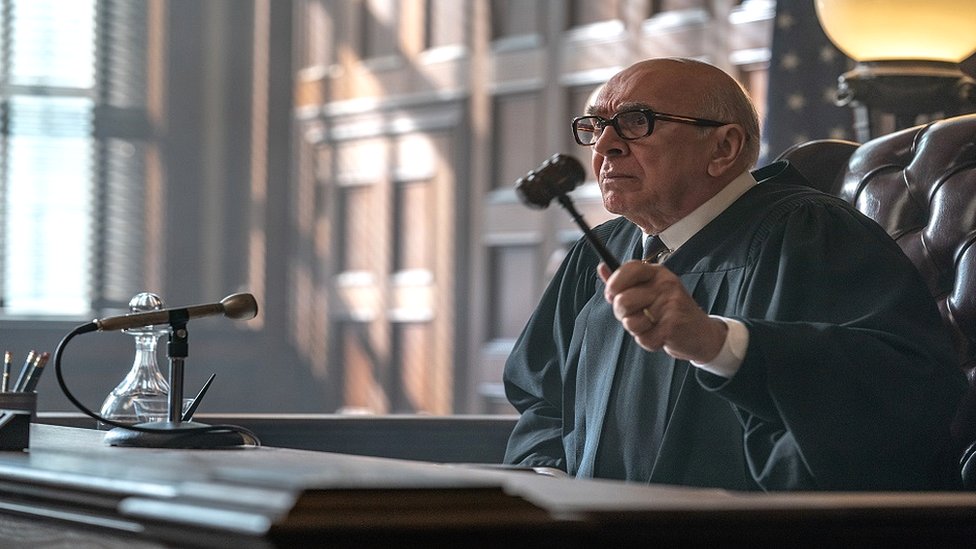
The facts are compressed and – for the most part – kept in context. The role of former Attorney General Ramsey Clark (Keaton) happened a little differently but is portrayed with basic truth. Fred Hampton didn’t actually attend the trial and sit behind Bobby Seale; but the facts and impact of his assassination are fundamentally correct.
The one thing that annoys me about The Trial of the Chicago 7 is the spunky character of the defendants’ office manager Bernardine – because it’s clearly inspired by radical Bernardine Dohrn. Dohrn, who was not part of the trial, was NOT some chick answering the phone, but had already graduated from law school and was about to co-found the Weather Underground terrorist cell. I’m guessing that Sorkin wrote her in the story in a well-intentioned attempt to make the story NOT all-male. But the truth is that even the counter culture was sexist, and even male hippies saw women as adornments in 1969. The 1963 publication of The Feminine Mystique did not immediately wash away millennia of patriarchy.
This, however, is a sound retelling of a salient moment in our political and cultural history. Cohen, Lynch, Rylance, Langella, Harrison Jr, are all exceptional, and The Trial of the Chicago 7 is pretty entertaining.

